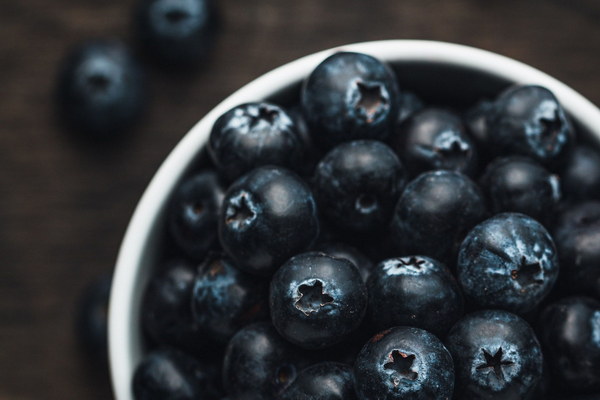Can Treating Spleen and Stomach Deficiency Alleviate Constipation by Eliminating Dampness in Traditional Chinese Medicine
In Traditional Chinese Medicine (TCM), constipation is often associated with spleen and stomach deficiency, which can lead to dampness accumulation. This article aims to explore the relationship between spleen and stomach deficiency, constipation, and dampness, and discuss the efficacy of TCM in treating this condition.
1. Understanding Spleen and Stomach Deficiency
In TCM, the spleen and stomach are vital organs responsible for digestion, absorption, and transportation of nutrients. When these organs are deficient, it can result in various symptoms, including constipation. Spleen and stomach deficiency is characterized by symptoms such as fatigue, weakness, bloating, and loss of appetite.
2. The Role of Dampness in Constipation
Dampness is one of the six pathogenic factors in TCM, which refers to the accumulation of moisture in the body. In the case of constipation, dampness can obstruct the smooth flow of Qi (vital energy) and blood, leading to a stagnation of the intestines and causing constipation.
3. The Relationship between Spleen and Stomach Deficiency, Constipation, and Dampness
When the spleen and stomach are deficient, they fail to transform and transport food effectively, leading to dampness accumulation. This dampness can further weaken the spleen and stomach, exacerbating constipation. Consequently, treating the spleen and stomach deficiency and eliminating dampness is crucial in alleviating constipation.
4. TCM Treatment for Spleen and Stomach Deficiency and Dampness-Induced Constipation
TCM offers various approaches to treat spleen and stomach deficiency and dampness-induced constipation, including herbal medicine, diet, and lifestyle modifications.
a. Herbal Medicine
TCM herbal formulas can help regulate the spleen and stomach, eliminate dampness, and improve bowel movement. Common herbal ingredients used in treating constipation include:
- Atractylodes macrocephala (Bai Zhu): Strengthens the spleen and eliminates dampness.

- Poria cocos (Fu Ling): Drains dampness and relieves constipation.
- Alisma orientale (Ze Xie): Drains dampness and promotes diuresis.
- Rhizoma coptidis (Huang Lian): Clears heat and relieves constipation.
b. Diet
Dietary adjustments are essential in managing dampness and constipation. Patients are advised to consume foods that are warm, light, and easy to digest, such as:
- Brown rice, quinoa, and other whole grains
- Lean proteins, such as chicken, fish, and tofu
- Vegetables like carrots, pumpkin, and asparagus
- Herbs like ginger, turmeric, and cinnamon
c. Lifestyle Modifications
Adopting a healthy lifestyle can also help alleviate constipation. The following tips are beneficial:
- Regular physical activity, such as walking, yoga, or tai chi
- Adequate hydration
- Avoiding stress and practicing relaxation techniques
- Establishing a regular bowel routine
5. Conclusion
Treating spleen and stomach deficiency and eliminating dampness is a key approach in TCM for managing constipation. By combining herbal medicine, diet, and lifestyle modifications, individuals can achieve long-term relief from constipation and improve their overall health. It is essential to consult with a qualified TCM practitioner to determine the most suitable treatment plan for your specific condition.









